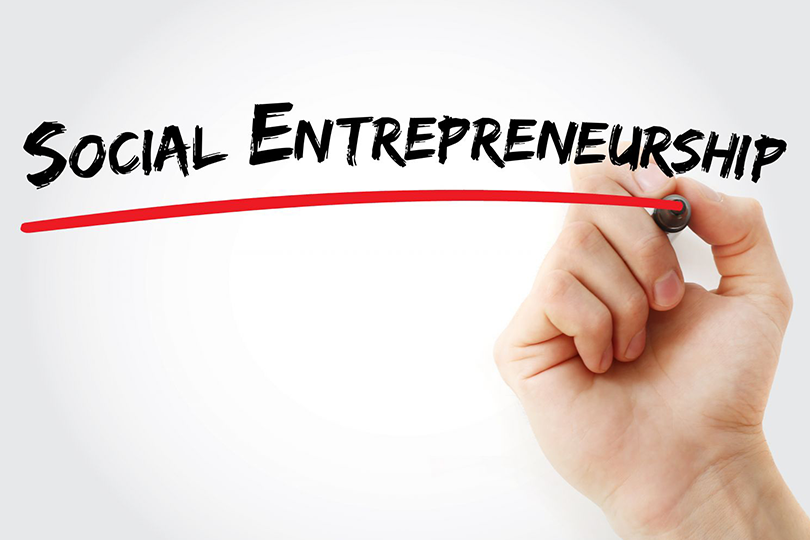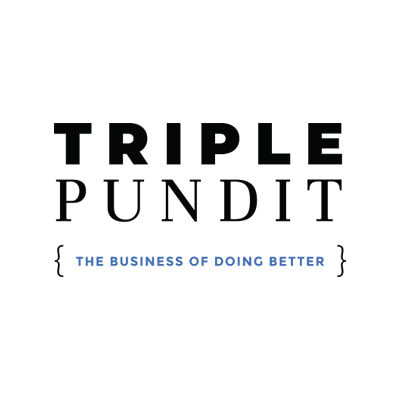
by Sangeeta Waldron
Social entrepreneurs are the heroes at grassroots creating change and making impact. The India Social Entrepreneur of the Year Award (SEOY), a joint initiative with the Jubilant Bhartia Foundation and Schwab Foundation for Social Entrepreneurship, sister organisation of the World Economic Forum, recognises successful social entrepreneurs who have found practical and sustainable solutions to challenges in health, education and the environment. I spoke to three of them, who have been winners or shortlisted for the awards. They are: Waterlife, finalist SEOY 2011; Goonj, SEOY winner 2012; and Daily Dump, SEOY winner 2015.
Waterlife – Founders Sudesh Menon, Mohan Ranbaore and Indranil Das. Waterlife ensures safe and clean drinking water for communities in areas with high water contamination. It’s estimated that 65% of India’s rural population and 35% of those living in urban areas do not have access to clean drinking water. I spoke to Sudesh Menon:
MIT research predicts that by 2050 more than half the world’s population will live in water-stressed areas and about a billion or more will not have sufficient water resources. What do you predict for India?
SM: In India, the scenario looks even worse – according to NASA’s satellite images, the river Ganges has the highest water depletion rate globally. Sadly, over extraction and populist policies like free power and inefficient irrigation practices have aggravated the problem. India is already a water stressed country and it’s predicted that by 2030, there will be a 50% gap between demand for water and the availability of fresh water because of droughts in various parts of the country.
India is the only country in the world with mandated CSR regulation, making it a requirement for all companies, including foreign firms, to spend at least 2% of their profit on CSR. Has Waterlife benefitted from this?
SM: Yes, we have seen responsible companies coming forward to do CSR projects, many of them to provide safe water to villages and areas around their factories. Many large and reputed companies understand the need for safe water and the diseases and economic losses associated with unsafe or contaminated water such as infant mortality. Safe water is at the confluence of all human activities. The lack of it not only causes diseases and economic loss, but is a huge loss to the national exchequer. It’s good to see many companies coming forward to solve this problem and create impact.
Goonj – Founder Anshu Gupta. Goonj collects, sorts, repurposes and redistributes cloth to the rural and urban poor. It works with village and slum communities to meet their needs of clothing and other necessities.
India always has had a culture of recycling through its traditional ‘raddi-wallah’s’ – was Goonj an easier social concept to get across to urban and rural communities?
AG: The culture of recycling has been here for generations, yet the giving of surplus cloth and other materials has always been about discarding/donating what you have rather than giving what people need. Goonj has successfully changed this thinking and have made recycling large scale, dealing with more than 3000 tons of urban material annually.
We have also repositioned urban surplus material from the old concept of charity to a powerful development resource. The material empowers rural communities through collective participation; our work has not only become a big people’s movement, but is also creating a parallel economy where old re-usable material becomes a valuable resource. It’s not cash based but trash based.
Tell us about Goonj’s sanitary napkins programme and the impact it is making on women and girls in rural India?
AG: Goonj’s initiative NJPC (Not Just a Piece of cloth) is much more than a sanitary napkins programme. It looks at the whole issue of menstrual hygiene management for millions of women in the most far flung villages or city slums. Women make-up 72% of India’s rural population, yet are forgotten. They face challenges every month when their periods arrive – access to affordable sanitary towels and awareness.
In 2005 we found tons of abandoned cloth in aftermath of the Tsunami in Tamil Nadu, so we took up the task of turning more than 100 trucks of this material into much needed cloth pads. Now, more than a decade later, ‘MY Pads’ reach women across the country, where they are probably the cheapest, reusable, easy to make and eco-friendly sanitary pads. Women now have a clean piece of cloth, which saves them from infections and indignity.\
Daily Dump – Founder Poonam Bir Kasturi calls herself ‘compostwali.’ Daily Dump manages India’s urban home waste right where it is generated – within the family home by cleverly fusing design, traditional pottery with the science of composting to develop more than 50 aesthetic products and services, enabling urban Indians to compost their waste and be part of the solution to the country’s huge trash problem.
What challenges have you faced as a female social entrepreneur in India? And how have you overcome them?
PBK: The biggest challenge is to convince people that I mean business. They only associate women being involved in charity/not-for-profits work in this space for some reason and surprised that we are an enterprise. Often, I just get on with the job and wait for the change in attitude with the work we do.
What advice would you give any female social entrepreneurs thinking of starting out in India?
PBK: There is much to do in India - so no advice. Do what you believe in and don't follow the crowd!
Photo Credits: Jubilant Bhartia Foundation and Daily Dump

TriplePundit editors offer news and insights on sustainable business.














